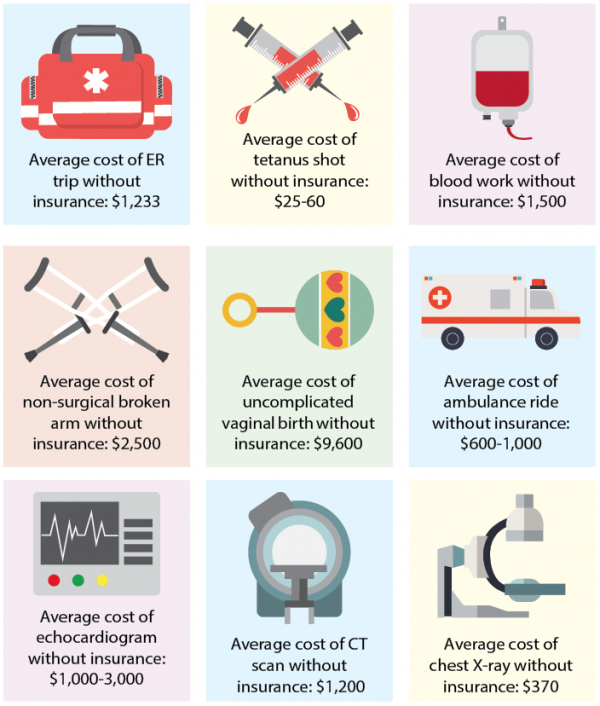
One of the biggest promises of President Donald Trump’s campaign was the repeal of the Affordable Care Act (ACA) or Obamacare.
While congress is hoping to replace the ACA, there is much debate as to how they will go about doing that.
So, what does the ACA do for college students? Or, in better terms, what will happen to college students if the ACA is repealed but not replaced?
“Right now, it lets me have health insurance through my parents,” said Ferris social work sophomore Stephanie Weller. “If it was gone, then I wouldn’t have health insurance or anything like that and I wouldn’t be able to take the prescriptions I need. I wouldn’t even be able to go to the doctors if I needed to.”
According to healthcare.gov, college students are mainly impacted by the Young Adult Coverage branch of the law. This allows parents to keep their children under their health care plan until the child turns 26 years old.
Not only are prescriptions expensive without the ACA, birth control may no longer be covered by health insurance if the law is repealed.
Healthcare.gov says that all healthcare plans in the Health Insurance Marketplace must cover counseling and contraceptive methods for women which includes barrier methods, hormonal methods, implanted devices, emergency contraception and sterilization procedures.
“At the very least people need access to birth control and things like that,” said Ferris pre-sonography freshman Téa Caragao, who is also on her dad’s health insurance plan.
If the ACA is not replaced after its repeal, what option do students have? Although many Americans get their health insurance through their employers, that isn’t an option for most full-time students.
“I have a job, but it’s a part time job because I’m a full-time student, too,” Weller said. “So, it doesn’t cover any benefits or anything, so I get that all from my parents. I’m sure many other students are just like me too.”
According to an article published by ABC.com titled “Top Six Health Insurance Options for College Students” by Chris Keesel, other options for health insurance while attending a university include signing up for a health care plan at school, which Ferris does not provide for traditional students, applying for health insurance through Medicaid or skipping health care altogether.
“If college students had to pay for insurance on top of college expenses, or even just regular expenses like food and necessities, I mean it’s already a bit much, but it would be just so much more,” Caragao said. “I don’t pay for insurance, so I don’t know how much it does cost. But I know it’s quite a bit.”
The future of health insurance for college students is unknown until congress makes a decision on how to replace it, if they choose to do so.
If you wish to learn more about the Affordable Care Act, more information can be found at healthcare.gov.
